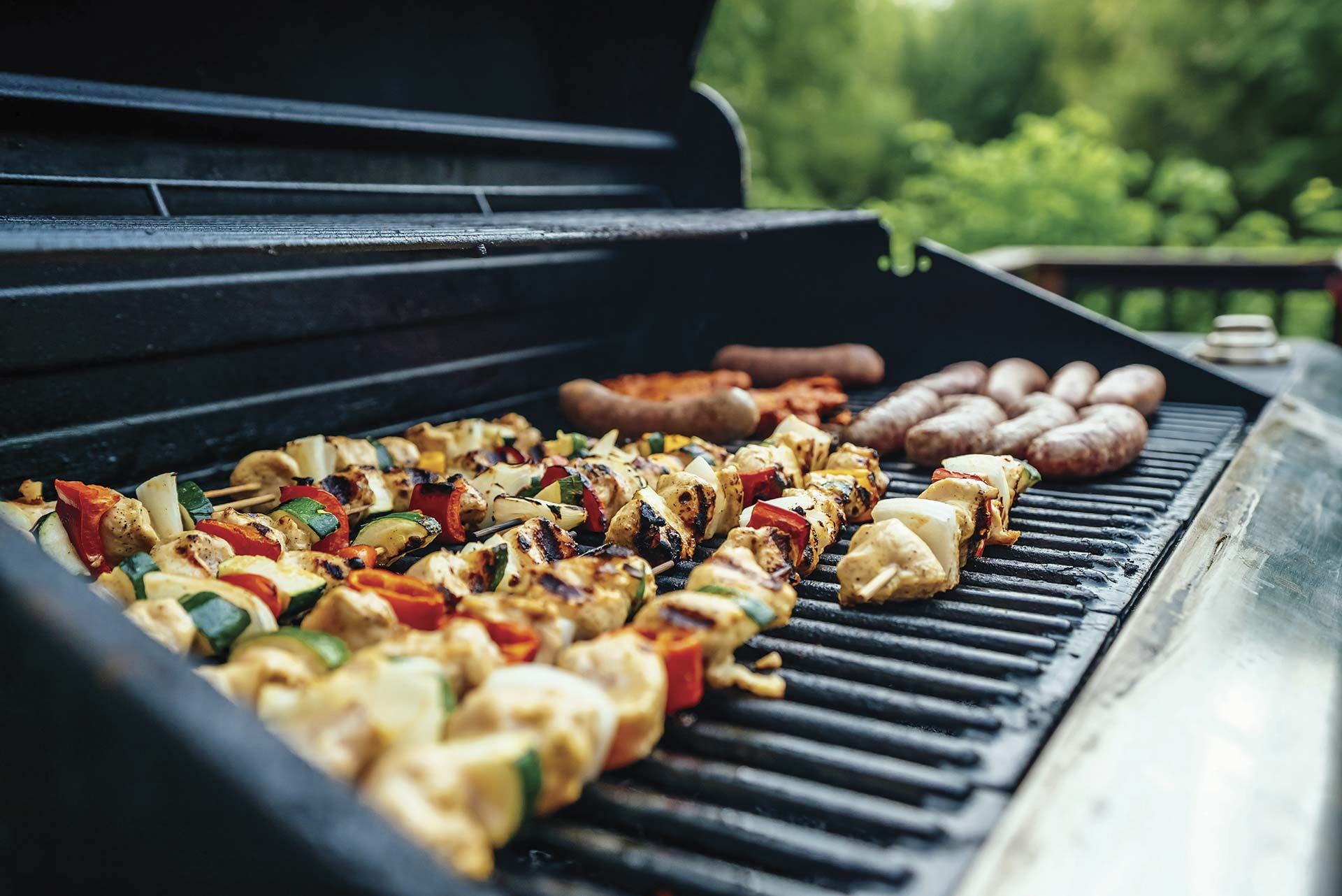
4 Grill Types for Outdoor Cooking Enthusiasts
Grab a notebook and pencil and have a seat in Culinary.net’s Cookin’ Classroom! Every week, we’ll share cooking tips, kitchen hacks and easy ways you can become a better home cook. Whether you’re living on your own for the first time, starting a family or simply expanding your kitchen know-how, join us each week to learn how to sharpen your culinary skills.
The weather is warm. The sun is shining. Your backyard beckons, but dinner still needs prepared. It’s time to enjoy the great outdoors all while putting a meal on the table with the help of your grill.
If you’re in the market for a new grill or starting a new grilling journey, consider these four types and the pros and cons of each so you can be sure to find the cooking apparatus that fits your needs.
Charcoal
When most people picture a backyard cookout, they probably envision the sights and smells of an old-school charcoal grill that produces a unique smoky flavor. Charcoal grills typically offer the cheapest entry point as they include the least parts – essentially comprised of a shell and grates.
They provide maximum cooking customization, too, allowing you to fill with as much charcoal (to reach desired heat) as you need. If you’re new to grilling, that may be a drawback, however, as there’s a bit of an art to reaching desired temperatures by opening and closing vents and using the right amount of fuel.
Plus, there’s a time factor involved in lighting briquettes and allowing them to heat.
Gas/Propane
Gas or propane grills require much less fuss. Just open the propane, turn the knob and the grill does the rest, preheating much quicker than a charcoal grill with better control of the heat you need to reach.
Flavor (or lack thereof) is the main drawback to gas grills, as they’re unable to provide the same smoky taste from a charcoal or wood fire.
Electric
Perfect for renters in spaces that don’t allow wood flames, electric grills don’t produce the same fumes as their charcoal and gas counterparts. They’re also typically smaller, which makes them more portable but without the same cooking surface area for preparing large meals.
With a need for electricity, they also require a power outlet nearby, meaning they may be highly portable, but there are limitations on where they can be used.
Pellet
Grills that use wood pellets for fuel are highly versatile, allowing home cooks to grill, smoke or even bake from one appliance, but typically at a higher price point. They offer the convenience of gas and propane grills with the smoky flavor charcoal provides.
The downside to some pellet grills, along with price, is an inability to achieve those expert grill marks since the heat source is indirect.
What type of grill do you use? Show us on Facebook then subscribe on YouTube and sign up for Culinary.net’s free weekly newsletter to see how we grill some of our favorite meals.
